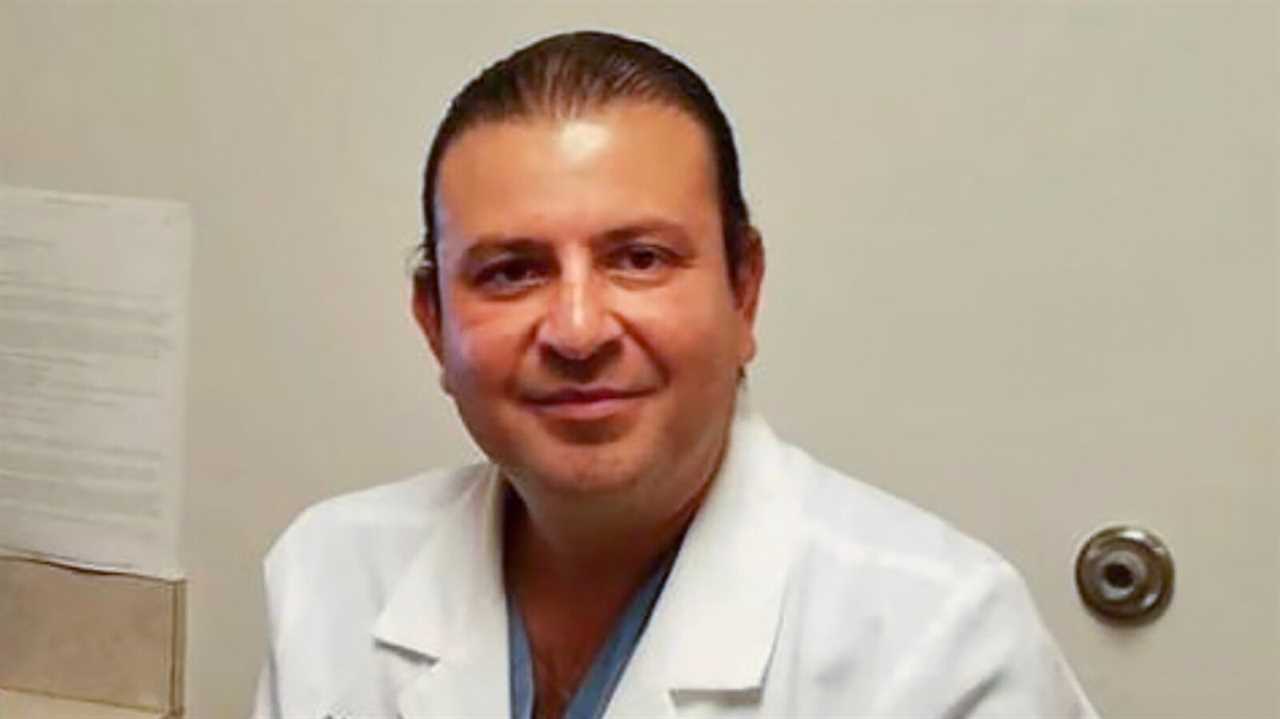
When the pandemic hit the Houston area in March, Dr. Carlos Araujo Preza was on the front lines. A pulmonologist with his own practice, he had just been made the director of critical care at HCA Houston Healthcare in Tomball, a northwestern suburb.
Dr. Araujo was soon working nonstop, sleeping at his hospital and returning home just once a week to get new clothes. After businesses were allowed to reopen in May, he returned to his practice in nearby Woodlands as well, ultimately treating hundreds of Covid patients as the virus raged across the Houston area.
“He’d wake up at 3 or 4 in the morning to get to the hospital for rounds, so he could be back at his office when it opened,” his daughter, Andrea Araujo, said. “He never took a break.”
Despite taking extensive precautions, Dr. Araujo tested positive for Covid-19 in late October and died on Nov. 30. He was 51. The cause was complications of the disease, Ms. Araujo said.
Carlos Ernesto Araujo Preza was born on Dec. 8, 1968, in San Salvador. His father, Carlos Araujo Aleman, was a lawyer. His mother, Ada Del Carmen Preza de Araujo, was a homemaker. Both his parents later joined him in Texas. His father died in 2019.
He graduated from the Universidad Evangélica de El Salvador, and came to the United States in 1994 to conduct a residency in internal medicine at the Staten Island University Hospital. He received further training in pulmonary critical care at Tulane University in New Orleans before moving to the Houston area in 2001.
Two years later he began working at HCA Houston Healthcare Tomball, with a focus on critical pulmonary care — experience that came in handy when, as the head of critical care, he was tasked with leading his hospital’s response to the pandemic.
“He was always saying he was born for this,” Ms. Araujo said. “He was passionate about getting the chance to combat this epidemic.”
In May, Dr. Araujo pushed his hospital to join a nationwide study to see if plasma from recovered Covid patients could help those still struggling with the disease. Dr. Araujo, who oversaw the hospital’s participation in the study, released his first patient to receive the treatment a week later, a milestone that made him optimistic about beating the disease.
Latest Updates
- California braces for grim days as it hurries to vaccinate health care workers.
- The F.D.A. greenlights a new at-home virus test.
- Even as vaccinations begin, officials across the U.S. impose new restrictions.
The study, run by the Mayo Clinic, has yet to provide conclusive results.
Meanwhile, Dr. Araujo was working up to 80 hours a week at the hospital and his practice. Even after receiving his Covid diagnosis and going into quarantine, he continued to work remotely, telling his daughter that he was not experiencing symptoms.
A week later, though, he told her he was having trouble breathing, and that he was going into his hospital for supplemental oxygen. He said he would only go for a night; he ended up staying for a week.
“I think it was worse than he was telling me,” Ms. Araujo said. “They say doctors are their own worst patients, and I think that’s what happened with him.”
He came home but soon began experiencing other problems, including blurred vision and slurred speech. He had trouble remembering words in his native Spanish.
He returned to the hospital and on Nov. 14 was transferred to Houston Methodist Hospital near downtown Houston. Two days later he was placed on a ventilator.
Dr. Araujo’s first marriage, to Lorena Delacotera, ended in divorce. Along with his daughter and mother, he is survived by his son, Carlos Ernesto Araujo Jr.; his sister, Ada Mayer; a stepbrother, Carlos Antonio Araujo Grimaldi; and a stepsister, Roxana Herrera.
Did you miss our previous article...
https://trendinginthenews.com/usa-politics/facebook-lifts-ban-on-political-ads-for-georgia-runoff-elections






